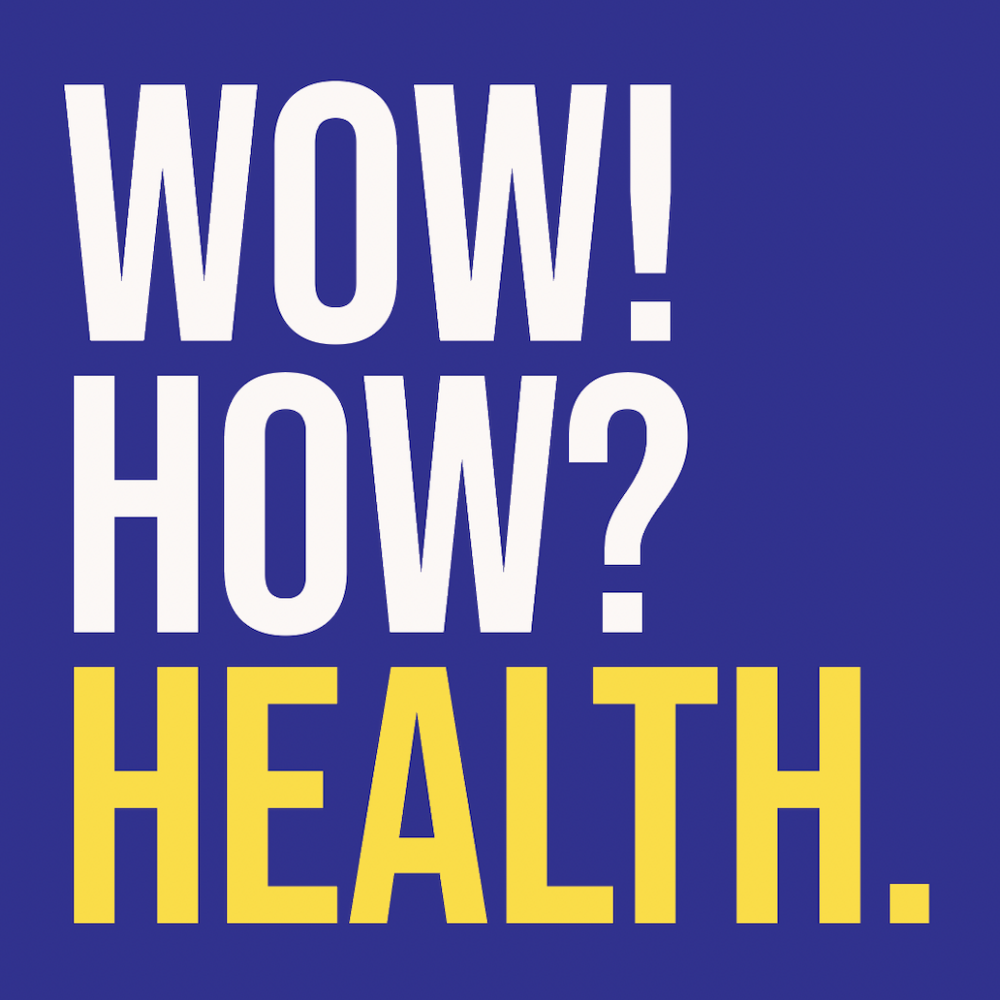
This post is part of my LinkedIn series: Wow! How? Health.
Jules Sherman designs pediatric medical products, like a delayed cord-clamping cart and a special robe to help make neonatal skin-to-skin care safer. In 2016, she was called into a hospital room to observe a new mom using a device that Sherman had created to collect colostrum, the first form of breastmilk produced after childbirth. She ended up playing an even more powerful role: peer patient.
Colostrum, called “liquid gold” because of its rich color and health benefits, goes to waste if a mother cannot or chooses not to breastfeed, or if a baby is unable to latch on and suck to get those few ounces of nutrients, antibodies, and antioxidants. Sherman’s device, Primo-Lacto, helps express the colostrum directly into an oral feeding syringe.
This fateful day, Sherman entered a hospital room filled with people: a new mom, her mother, an obstetrician, and a lactation consultant. The patient and her mother spoke Spanish, the health professionals primarily spoke English. Plus, as Sherman wrote in an essay about the experience, “…this young mother was not particularly comfortable having these clinicians’ hands on her body. I saw a grimace spread across her face as they tried to explain in Spanish and slow English how to proceed with the hand-expression technique.”
Once the clinician and consultant left, Sherman used Google Translate to share her own story of a traumatic childbirth and breastfeeding challenges. Then, in solidarity, Sherman took off her own shirt to demonstrate the hand-expression technique on her own breast. The light went on, the new mom was able to start producing colostrum, and the women started to laugh at the scene, breaking through any remaining barriers between them.
“By using the funnel, hearing a peer’s story and learning the techniques, this young woman started to feel confident that she could catch those tiny drops of colostrum and keep them for her sleeping baby. I demonstrated how to pull the syringe’s plunger down and cap it for refrigeration. I realized at that moment how important peer-to-peer support can be for new moms.”
Sherman sold Primo-Lacto, the colostrum capturing device, to Lansinoh in 2018 and is now the director of the Biodesign Program at Children’s National Hospital in Washington, DC. She started her career as a consumer product designer for brands like Costco and Restoration Hardware but switched to health care after her firsthand experience exposed the need – and opportunity – for someone with her skills.
In the lexicon of my book, Rebel Health, Sherman is a Solver. When she sees a problem that she can help fix, she can’t wait to start drawing and prototyping. Sherman is also a Champion, sharing her skills with her colleagues and helping everyone to see the power of peers.
Leave a Reply